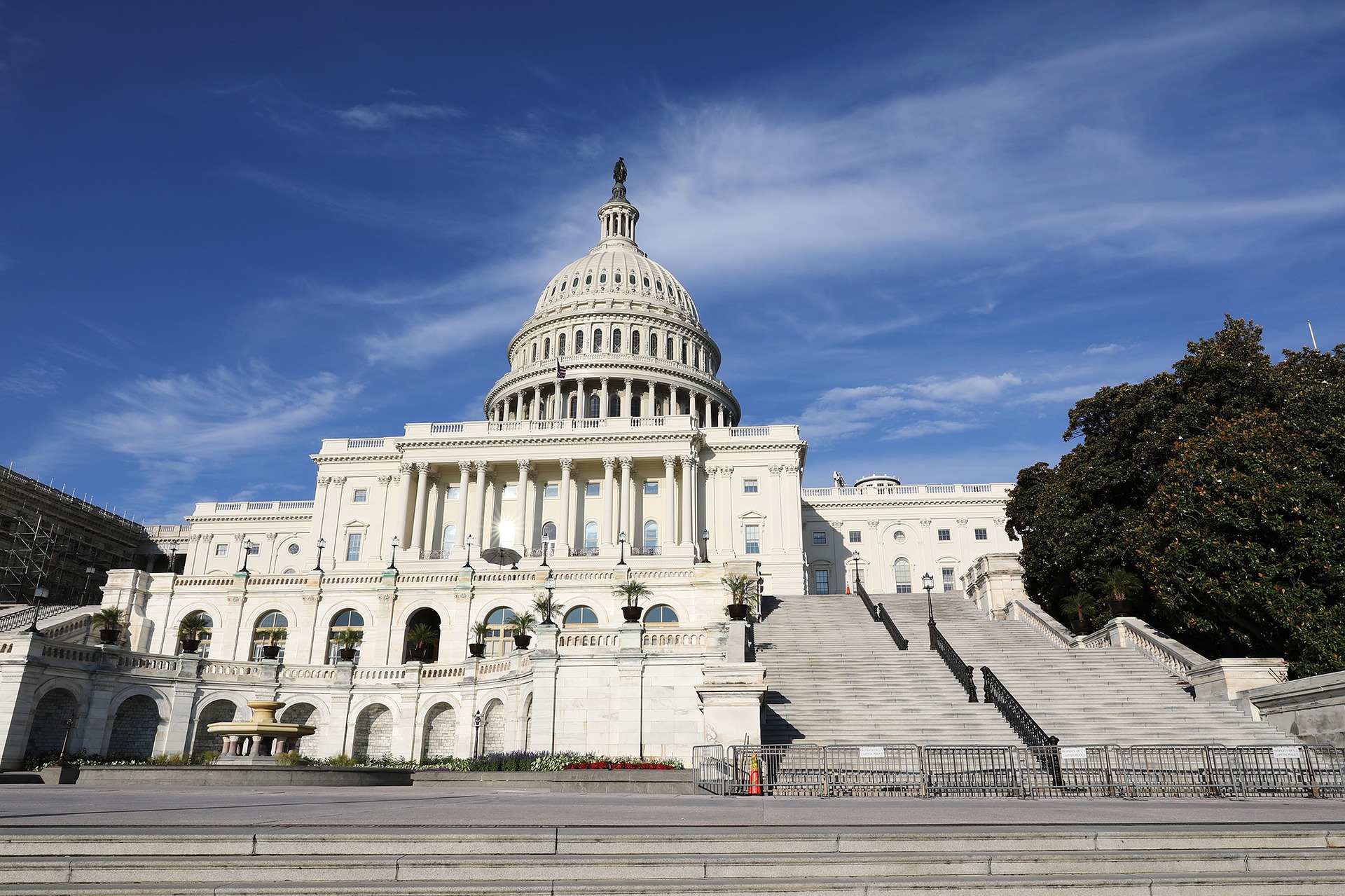 Now that the dust has finally settled on election season, it’s a good time to look at how fracking fared on ballots across the country. Out of eight proposed bans on local ballots across the country last week, four passed.
Now that the dust has finally settled on election season, it’s a good time to look at how fracking fared on ballots across the country. Out of eight proposed bans on local ballots across the country last week, four passed.
Of all the cities and counties voting on fracking bans in their communities during this election, perhaps the most notable was the vote in Denton, a Texas city known for the large natural gas reserves buried beneath it. Denton residents voted overwhelmingly to ban the controversial drilling practice, making them the first Texas municipality to do so.
“Yes” votes to ban fracking received 59% of the ballots cast, which equaled a nearly 4,500-vote win. The referendum was closely watched by industry insiders as well as activist groups opposed to fracking. When the referendum was initially announced to be on the ballot, some saw it as a “biting the hand that feeds you” scenario because of how much money the city makes from oil companies.
Denton already has more than 270 natural gas wells within city limits. However, after drilling began just 250 feet from some city homes, a petition quickly circulated to have the ban on the November ballot. When the referendum passed, Denton Mayor Chris Watts said, “Hydraulic fracturing, as determined by our citizens, will be prohibited in the Denton city limits. The City Council is committed to defending the ordinance and will exercise the legal remedies that are available to us should the ordinance be challenged.”1

Photo of Denton County Courts Building courtesy of Mick Watson from Atascocita, Texas, CC BY 2.0.
Legal challenges were of course expected, and two separate lawsuits were filed the day after the vote. The motions by the Texas General Land Office and the Texas Oil and Gas Association (TXOGA) call the ban unconstitutional. Land Commissioner Jerry Patterson said that the ban threatens the state’s royalty interests. TXOGA warned that because of current economic conditions, the measure effectively bans all drilling, thus denying mineral owners their property rights. Some state lawmakers have sided with these groups and said they would also fight the ban.
A statement by Texas Railroad Commissioner David Porter laid out the situation like this: “Bans based on misinformation—instead of science and fact—potentially threaten this energy renaissance and as a result, the well-being of all Texans.”2
Denton is not alone in its ban. Two counties in California, San Benito and Mendocino, also voted to ban fracking. A similar referendum failed to pass in Santa Barbara County. It was an expensive battle in all three counties, with oil companies rumored to have spent roughly $7 million to fight the referendums.
Proposed bans in Ohio didn’t fare as well. Ohio’s economy has had a much-needed resurgence since companies have started fracking the Utica shale formation and new manufacturing plants have opened to support the oil and gas industry. Proposed fracking bans were soundly defeated in Youngstown, Gates Mills, and Kent, where labor unions suggested that jobs would be lost if the bans passed. However, the town of Athens, home of Ohio University, passed a community-rights-based fracking ban by 78%, joining Yellow Springs, Oberlin, Mansfield, and Broadview Heights, which have all previously passed such measures within their city limits. In Broadview Heights, two energy companies filed a lawsuit in July against the city, claiming its ban is unconstitutional.
So, what’s the takeaway from this election? It seems clear that many residents are now carefully weighing the potential harms from fracking near their homes against the economic benefits that would flow into their communities. We expect that many communities will continue to propose local bans, and the battles will often move to the courtroom. While the results of these individual skirmishes are uncertain, constantly fighting these battles is expensive. Right now, the public perception of fracking is too often negative. Perhaps oil and gas companies should try to be better neighbors and fight that public perception rather than fighting local legislation and legal battles.
Perhaps Cathy McMullen, one of the leaders of a Texas anti-fracking group, summed up the feelings of fracking opponents best when she said, “If you want to prevent more bans, especially in towns that know drilling best, do yourselves a favor and listen to concerned citizens. Because if you don’t, you may wind up reaping what you’ve sown.”3
1 Brian Scott. 2014. “Denton Voters Approve Ban on Fracking Expansion.” Associated Press/NBC 5 Dallas-Fort Worth, November 5, 2014. Accessed at http://www.nbcdfw.com/news/politics/Denton-Voters-Approve-Ban-on-Fracking-Expansion-281561091.html.
2 Loren Steffy. 2014. “Will Oil Industry Learn From Texas Town’s Fracking Ban?” Forbes.com, November 5, 2014. Accessed at http://www.forbes.com/sites/lorensteffy/2014/11/05/will-oil-industry-learn-from-texas-towns-fracking-ban/.
3 Ibid.






Recent Comments